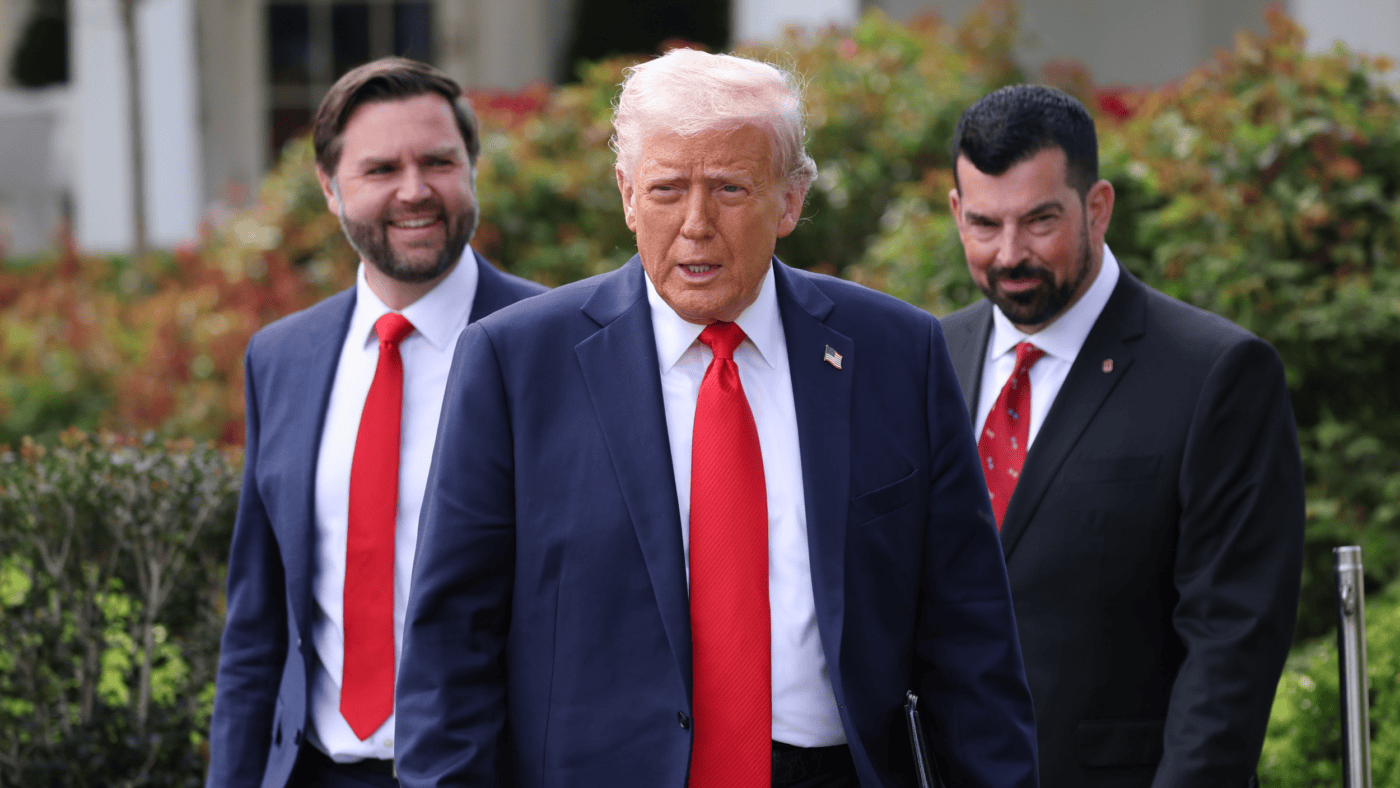Globalism is a menace. Globalisation is not. So what’s the difference?
Globalisation
In the first chapter of ‘The Wealth of Nations’, Adam Smith marvelled that the ordinary woolen coat is made of materials ‘which often come from the remotest corners of the world’.
Globalisation happens when people from different corners of the world interact through trade, investment, cultural exchange and technology. Globalisation has increased since 1776 – when the ‘Wealth of Nations’ was published – and especially in recent decades, with the advent of container ships and instant electronic communication. But globalisation is not new. It’s not a philosophy or an ideal. It’s not a policy agenda.
Yes, certain policy changes – like removing government barriers to trade – increase globalisation, but the philosophy behind these changes is the philosophy of free trade. Globalisation is people choosing to trade or interact internationally and happens even when trade is quite unfree, just not as much.
Globalism
Globalism is a very different beast. Globalism is a mindset and an agenda. Its proponents believe that certain issues require top-down management through global or multilateral organisations and agreements.
Globalism is technocratic, embodying what Friedrich Hayek slammed as ‘constructivist’ hubris. It insinuates that experts can and must improve our lives through universal solutions; that letting us find our own solutions organically through markets or civil society or local government won’t do.
Globalism suppresses resistance by undermining sovereignty and competition, censoring critics and subverting democracy. Globalism is bound up with a foreign policy outlook that tries to get other countries to bend the knee to the globalist elites.
Globalism is therefore a grave threat to our liberties and prosperity. Inherently, globalism pushes for expert-led rule at a level above the nation state, which eliminates experimentation and creates systemic risk.
Take the Paris climate accords, which Donald Trump was right to exit. It is a legally binding treaty under which today’s national governments try to lock future governments into a schedule of emissions pledges, reporting rules and a ‘ratchet’ of ever‑tighter emission cuts. It hands power to unelected UN bureaucrats to scrutinise, shame and put pressure on governments. The agenda raises the cost of living of all, and especially the poor.
Or take the OECD’s global minimum tax cartel, which, again, Trump was right to exit. The OECD’s global minimum tax cartel demands every country impose at least a 15% corporate tax rate – gutting tax competition, tying the hands of small economies and handing more power to Europe’s bloated welfare states.
The European Union’s regulatory imperialism is highly globalist. Brussels exports its red tape worldwide – from AI rules to climate mandates to GDPR – because if you want access to the European market, you must comply. The EU is often explicit about its aim to be a ‘regulatory superpower’ that uses its market size to shape regulation and standards worldwide. This is not about the liberalisation of trade, but using governing power to shape economic and social affairs.
The World Economic Forum is another seat of globalism. Elites in Davos sit and try to map out what the social responsibilities of business should be, entrenching pernicious ideas that influence legislation via the cronyist interaction of business and state elites. The 2020 book ‘Covid-19: The Great Reset’ advocates replacing market capitalism with a ‘stakeholder-led’ model, and has one underlying message: knuckle under or we will hurt you.
The entire foreign aid apparatus is highly globalist. It seeks to impose technocratic solutions to poverty by transferring sums from developed to underdeveloped economies, with a record of corruption, waste and failure well documented by experts like economist William Easterly.
Finally, a brief profile of globalism cannot leave out The United Nations, with its ever-expanding global governance agenda. From pandemic treaties to climate reparations to censorship operations, the goal of such activity is the same: dilute democratic accountability in favour of a global elite consensus.
Trump Should Fight Globalism, not Globalisation
Why does this distinction matter?
Because with his recent actions, Trump is fighting the wrong enemy.
His global tariff is said to be a remedy to bilateral trade deficits. But trade deficits are not inherently a problem – ‘deficit’ is just a misleading language choice, and it speaks only to the current account. Pernicious language has misled us.
Those tariffs, though, attack globalisation – our private decisions to act internationally – by making voluntary, mutually beneficial trade more costly.
Yet the true enemy isn’t economic freedom to trade and the globalisation that results; it’s globalism, the technocratic drive to control the world through transnational bureaucracies and alliances that chip away at liberty, democracy and sovereignty.
Trump has instinctively sensed globalism’s threat, as shown by his exit from various treaties and agreements, and his defanging of the US foreign aid industry. But his tariffs confuse the fight. The aim should be to defeat globalism, not globalisation.
Click here to subscribe to our daily briefing – the best pieces from CapX and across the web.
CapX depends on the generosity of its readers. If you value what we do, please consider making a donation.


